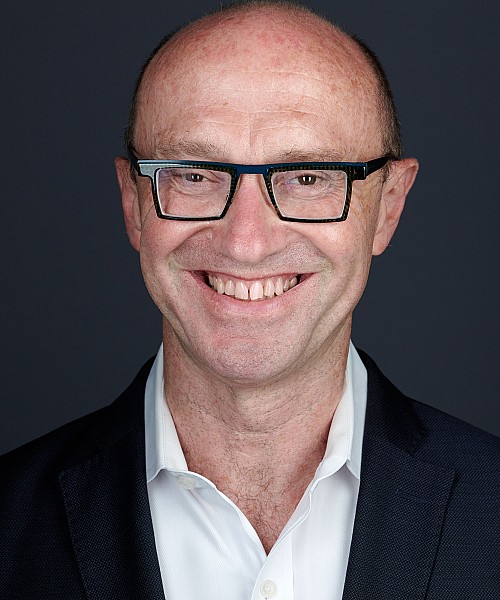NEWTON, Mass. — Inflammasome Therapeutics, a clinical-stage biotechnology company developing a new class of drugs known as Kamuvudines for ophthalmic and neurological diseases, has entered into a collaboration with the Sean M. Healey & AMG Center for ALS at Massachusetts General Hospital to design a new Healey ALS MyMatch clinical trial evaluating the company’s oral Kamuvudine-9 (K9) in individuals with amyotrophic lateral sclerosis (ALS).
The partnership follows the Healey & AMG Center’s Spring 2025 call for ALS MyMatch program applications. According to the Center, Inflammasome Therapeutics is among the first companies selected for inclusion in this next stage of the personalized ALS trial platform.
“We are honored to be selected and delighted to enter this collaboration with the Healey & AMG Center at Mass General,” said Paul Ashton, Ph.D., co-founder and CEO of Inflammasome Therapeutics. “We are developing a series of compounds targeting neuroinflammation, a disease process that characterizes such diverse diseases as ALS, multiple sclerosis, Parkinson’s disease, Alzheimer’s disease, and macular degeneration, and two of these drugs are already in clinical trials and showing great promise.”
Jayakrishna Ambati, M.D., co-founder of Inflammasome Therapeutics, noted that early research on the company’s lead ALS drug has been highly encouraging. “Preclinical studies of K9, our lead drug for ALS, have been extremely encouraging, showing a profound effect in reducing a biomarker that is prognostic of disease progression,” he said. “Specifically, K9 reduces levels of neurofilament light (NfL) chain in human ALS motoneurons and in animal models by 80% or more.” He added that K9 shares a similar mode of action with K8, a related Kamuvudine currently in a Phase 2 clinical trial (NCT06164587) for macular degeneration. “Early data from this trial are very promising, giving us further confidence in our ALS program. We are pleased the ALS MyMatch committee found these data compelling,” Dr. Ambati said.
The Healey ALS MyMatch program is designed to modernize early-phase ALS clinical research by using genetic and biofluid markers to pair participants with treatments that best match their biological profiles. The MyMatch trials, part of an ongoing Phase 1b/2a effort, focus on identifying biological signals and determining the most promising populations for later-stage trials.
“There are very few treatments for ALS directed toward the disease process. One of those drugs, Qalsody, was approved by the FDA based on its ability to reduce blood levels of NfL by about 55%. However, this treatment is indicated for the small fraction of patients who have a mutation to a specific gene,” Dr. Ambati said. “Unfortunately, about 95% of individuals with ALS don’t qualify for this treatment.”
Dr. Ashton noted the importance of validated biomarkers in advancing new ALS therapies. “NfL is released by dying neurons. Although it’s not specific for a particular disease, it’s two-to-three times higher in those with Parkinson’s disease and 10-times higher in individuals with ALS,” he said. “Activation of inflammasomes causes neuroinflammation, which, in turn, is associated with diseases that involve neuronal cell death. Thus, we believe that K9, a multi-inflammasome inhibitor, has great potential for treating chronic diseases such as ALS, multiple sclerosis, Parkinson’s disease, and Alzheimer’s disease.”
The Healey ALS MyMatch initiative is a multi-site effort connected to the NEALS Consortium and currently includes four trial-ready ALS research centers: Massachusetts General Hospital in Boston; the University of Minnesota in Minneapolis, Minn.; Northwestern University in Evanston, Ill.; and Nova Southeastern University in Fort Lauderdale, Fla. The program also partners with the Acceleration Centers of Enrollment (ACE), a philanthropic initiative aimed at accelerating trial startup and participant recruitment. Additional sites and trials will be added as the program expands.
Launched in 2018, the Sean M. Healey & AMG Center for ALS at Mass General brings together a global network of scientists, clinicians, foundations, federal agencies, and individuals living with ALS to advance the discovery and development of ALS therapies.
Inflammasome Therapeutics is a private clinical-stage company developing novel treatments for ocular and neurodegenerative disorders. The company is currently advancing two Kamuvudine drug candidates—K8 and K9—through Phase 1 and 2 clinical trials, delivered through both sustained-release implants and oral dosing.


